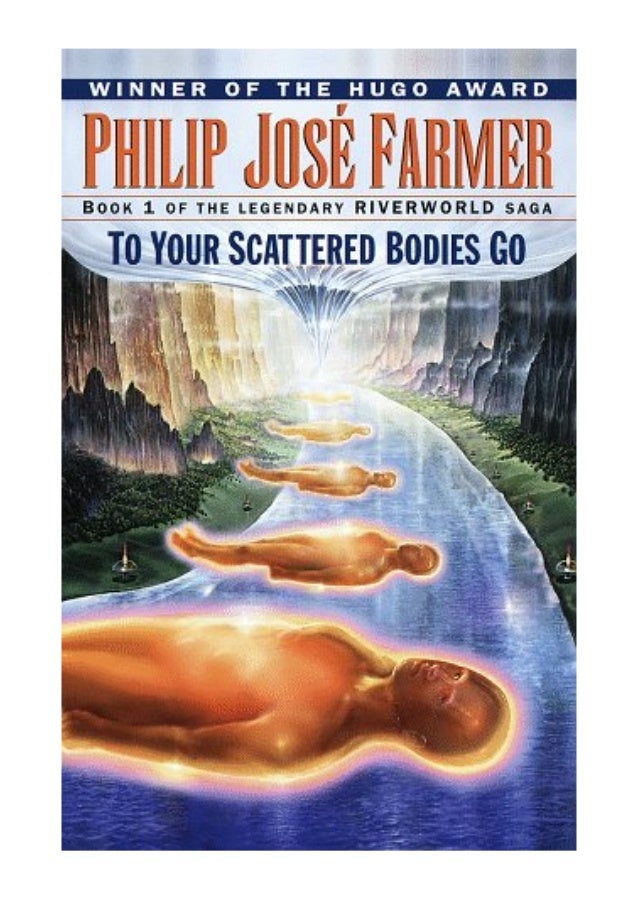
In some cases, eternal life sounds like a bad deal. To All Your Scattered Bodies Go is one such place. There, death is a momentary affliction, followed by adulthood reincarnation.
Life is cheap in an existence marked by free eternal return. Lacking the Hindu hierarchy, whether one has been good or bad, when one wakes, they wake in a fresh body, the same as before death.
Life is easy in the Scattered world. Food is free. Drugs are free. Everyone is young and healthy (read: free of venereal disease). So, people make merry and make it with each other as frequent as possible.
Violence is unlimited in the Scattered world. Why wouldn't it be? Death is only temporary, so killing isn't killing. To kill means to do away with, but in the Scattered world, no one is ever done away with permanently. A "killed" person might not revive in the same place they died, but they do revive.
Faith, philosophy, ethics--none of these things matter in the Scattered world. Kill or kill be killed. With no consequences nothing matters. Neither does government or politics matter in the Scattered world. Why would it? All needs are already met, whether existential or alimentary. Life is merely life. There's nothing to figure out, nothing to accomplish. Still, the unfortunate side effect of eternal life is that it removes all striving. When life isn't precious, nothing is precious.
So, what's the moral of the story? I'm not sure that there is a moral exactly. In fact, the lack of a moral or of any morality is sort of the point. Philip Jose Farmer liked to write about hedonism. The Scattered world serves as a hypothetical zone for Farmer's pet ideas free of all reality's normal constraints.
This novel reflects an atheistic position, a blend of death's permanence as taking away meaning and also adding meaning to life. Death from an atheistic position can focus on the negation of meaning or it can extend a hyper focus on life's meaning, one must do all they can in the time they have. In To All Your Scattered Bodies Go, death's temporal nature serves the same ends as an atheistic view of human existence. The only meaning one can make is the meaning made right now.
But, wait, you might say. If death is no worry, then the pressure to do something meaningful with life disappears entirely. Yes, that's true. But my thought is more about how taking meaningful action in the Scattered World, doesn't change future existence. Do good or do bad, reincarnation awaits, just as the atheist believes that no matter what one does in life, oblivion awaits. In both models, meaningful action serves no other purpose than the act itself.
No matter your beliefs about the human spirit, the human soul, and what happens to man at the end of his days, it's good to consider the worth of a zen-like appreciation for the present and for being present.
A human in the Scattered world does well to learn to live in the present moment. The trauma of the past is cumulative. How many deaths can one carry? How many failures? The command to Go to Your Scattered Body is the command to inhabit the moment now, to leave the past behind for the lived experience.
Ready for More Rapid Transmissions?